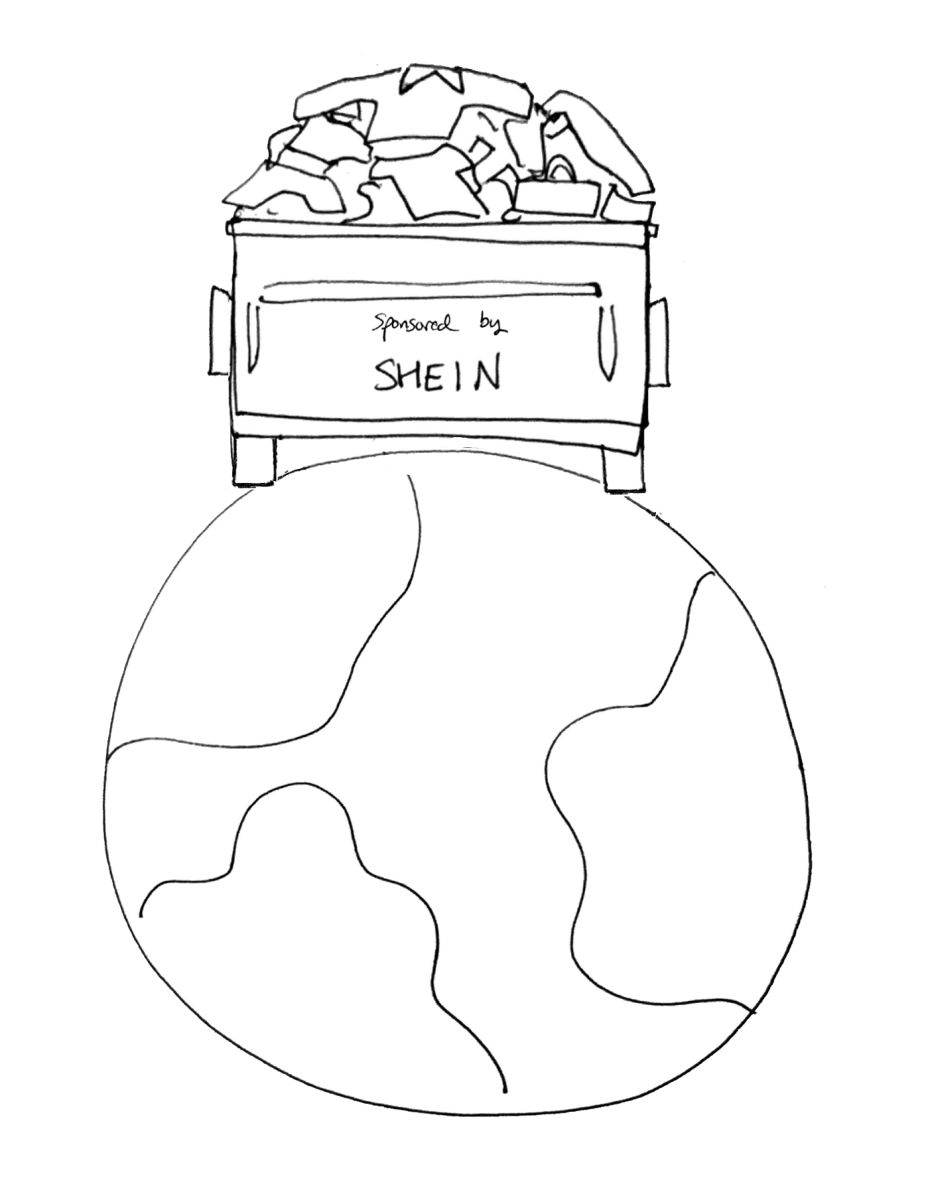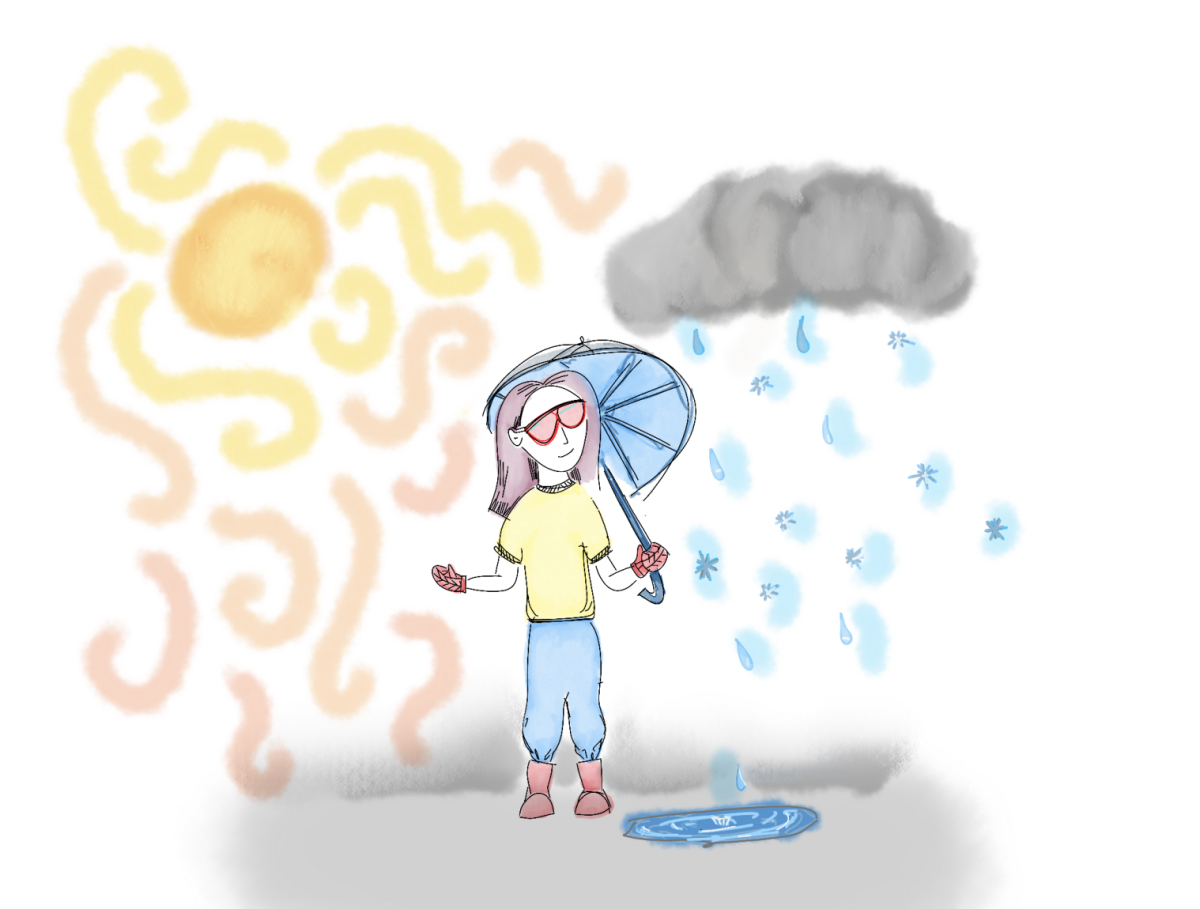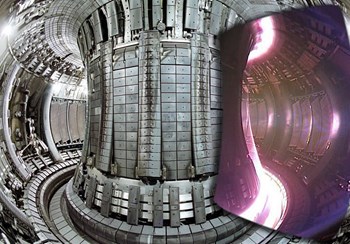Every morning on the Circle starts with a question—what do I wear? Whether you take an hour to pick out the best outfit or you grab clothes off the floor, trying not to be late to chapel, we all choose clothing. When buying new clothes, we usually look at the style to see if it follows the latest trends or matches our personal aesthetic. What we typically don’t look at is if the clothing was produced ethically or is a proponent of fast fashion. However, the good news is that this article will show you how to identify and avoid it.
Fast fashion is defined as low-quality, quickly produced, and unethical clothing. The idea is to make the clothes as fast as possible to keep up with trends. However, the stark reality is that trends come and go, causing the clothes to be discarded after a couple wears. This cycle of quick production from consumer to trash has many repercussions in our world. Environmentally, fast fashion wreaks havoc on oceans, landfills, and energy consumption. The fashion industry is the second largest consumer of water, using around 1,800 gallons of water to make a single pair of jeans! Additionally, the process of dying fabrics is the second-largest contributor to water waste, and the leftover water that is heavily contaminated with harmful materials is discharged into rivers, streams, and more. Furthermore, lots of clothing uses synthetic fabrics made of plastics that pollute the oceans and are practically non-decomposable. The United States of America alone is responsible for 11.3 million tons of textile waste a year. 60% of that is plastic-based fabrics. Energy-wise, the making of fabrics is highly energy-intensive and releases dangerous chemicals like hydrogen chloride into the already struggling environment.
The companies that support these processes not only destroy the environment and worsen climate change, but they also create unsafe working conditions that exploit workers. A 2018 US Department of Labor report found proof of forced and child labor in Argentina, Bangladesh, Brazil, China, India, Indonesia, Philippines, Turkey, Vietnam, and others, all of which pertained to the fashion industry. Some workers are even being paid less than a dollar per hour, accentuating the idea that profit consistently supersedes safety and the well-being of workers.
So, how can we, at Groton make a difference? The main thing we can do is to support ethical fashion. This type of production focuses on methods that are less harmful to the environment and save resources. It also stresses the importance of transparent supply chains, ensuring everyone part of the process is paid fairly and can work safely. Vegan brands also fit into this category because they support cruelty-free production and develop alternatives to leather and other animal-derived products. Svala and Vera are great examples that fit into both of these categories.
In addition to buying new ethical clothes, thrifting and repurposing clothing is a great way to reduce waste. If a product uses synthetic fibers or animal-derived products, buying it secondhand is a way to extend its life and slow the cycle of production to landfills. Here on campus, Green Donate Bins are in every dorm, which act as mini thrift stores where you can put unwanted clothes and find new ones! If the clothes in the dorms aren’t quite your style, there is a school-wide thrift shop at the end of the year, lengthening the lives of even more clothes. And if by a stroke of unluckiness, you can’t find another way to use your unwanted clothes, you can always donate them, helping people who may otherwise only have access to cheap, unsustainable garments.
So next time you think a top from H&M or SHEIN is simply adorable, think about all the other ways that shirt could have harmed the environment or even other people. If we all do our part to research the brands we buy from and try to make decisions based not only on style but also on ethicality and sustainability, we can help end the cycle of fast fashion and make the planet a better and healthier place. After all, supporting an unhealthily capitalistic industry without considering the consequences isn’t anybody’s style.




